Once again desperately close to reaching a Grand Prix final, Chinese youngsters Chen Qingchen and Huang Dongping, along with their mixed partners served up three thrilling semi-finals in Sydney on Saturday before coming up just short.
By Aaron Wong, Badzine Correspondent live in Sydney. Photos: Courtesy of ABO Media (live)
Both pairs in tense mixed doubles showdowns against new Chinese pairs showed their world top 20’ish class by coming back from behind after the third game interval and even match point down in the case of the Indonesians. Against the Koreans Jang Ye Na and Shin Baek Cheol (photo), who are the reigning German Open champions, Huang Kaixiang and Chen Qingchen had finally met their equals in terms of skill level this week.
They made a concerted effort to trap Jang, who produced several loose shots which whoever was manning the net at the time thumped. After losing the first game 23-25, the Koreans changed strategy and switched to positioning Shin, with his confidence still in tact, to guard the net area and prove that he possesses all court abilities. It was not a one-dimensional change but three as the Koreans switched amongst hitting significantly harder, or their default state, or the aforementioned Shin “wall” in order to strangle the second game 21-13.
The Koreans, who have managed to turn a match around already in this tournament, eventually remained calm enough during the palm-sweaty closing stages to inch to victory, 21-19.
Third seeded Indonesians Irfan Fadhilah and Weni Anggraini needed all their bravery and concentration to close a 3-point deficit at the last minute and then a match point down before forging ahead to ultimately win 21-19, 13-21, 22-20. Fadhilah had played smart all match by continually varying by slight degrees of angle and power how hard he intended to smash but he could not have found success without a partner as astute as Anggraini whose fantastic natural forecourt foresight, like those of Poland’s former world number 1 Nadia Zieba, meant she seemed to come out of nowhere to rapidly advance to the net to kill.
Women’s Doubles:
As the match went on, the Indonesians Aprilsasi Putri Lejarsar Variella and Vita Marissa (pictured above), seeded eighth, looked sure in the knowledge they would reach victory but it took them three games to get there against Ko A Ra and Yoo Hae Won of Korea.
“I know I can’t beat the young players in the power stakes,” confessed Indonesia’s Vita Marissa afterwards, “so I add shots that will save me energy.”
Such an example were two simple instinctively well-timed clears that totally caught the Koreans off guard. Marissa also expertly ended a typical women’s doubles rally from the front by directing a cross-court shot that only a natural and top league mixed doubles specialist could have thought of, employing her forehand instead of the expected backhand to accomplish it, which neither the Koreans nor anyone else in the room saw coming. Her experience certainly helped as did her partner Variella’s cross-court changes of defence as the veterans won 19-21, 21-11, 21-12.
Thailand’s second-seeded Savitree Amitrapai and Sapsiree Taerattanachai had the upper hand in their first game, which they took from Chen Qingchen / Huang Dongping 21-17, probably as a result of having more international experience than their opponents. China’s Huang Dongping received a yellow card for misconduct at match point down for belligerence over a line call with the umpire from Hong Kong but it was simultaneously so close to her chance to level and take the second game. Amazingly, she recovered to her composure and won the second game 28-26 with partner Chen Qingchen (photo). The Thais took ultimate victory 21-15 in the third game largely because Savitree Amitrapai could be scathed but remained overall unkillable despite all the brute slapping of the shuttle from the Chinese pair.
Click here for complete semi-final results
![AUSTRALIAN OPEN 2013 SF – Chinese teens just shy of first finals Once again desperately close to reaching a Grand Prix final, Chinese youngsters Chen Qingchen and Huang Dongping, along with their mixed partners served up three thrilling semi-finals in Sydney on […]](http://www.badzine.net/wp-content/uploads/Newsflash-thumbnail.png)
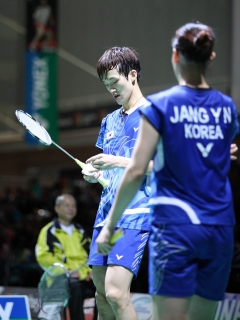
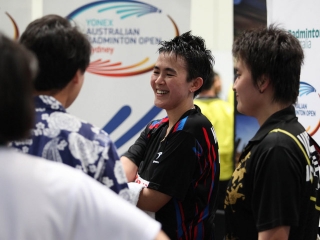


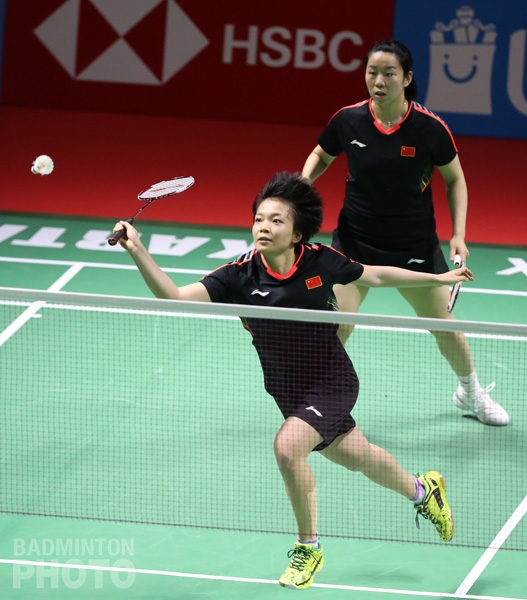
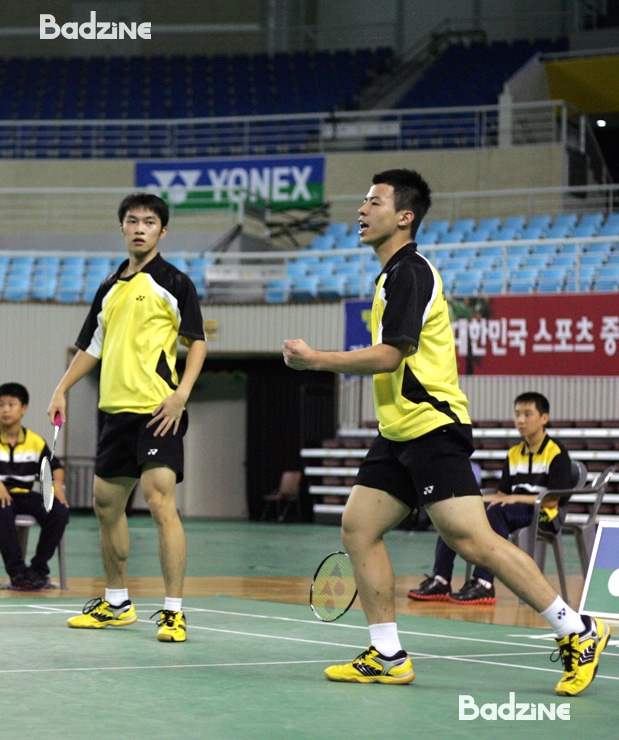
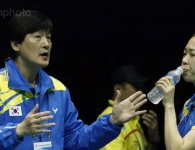
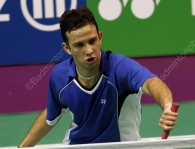
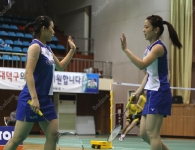
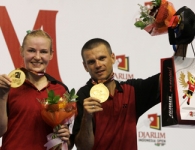
Leave a Reply